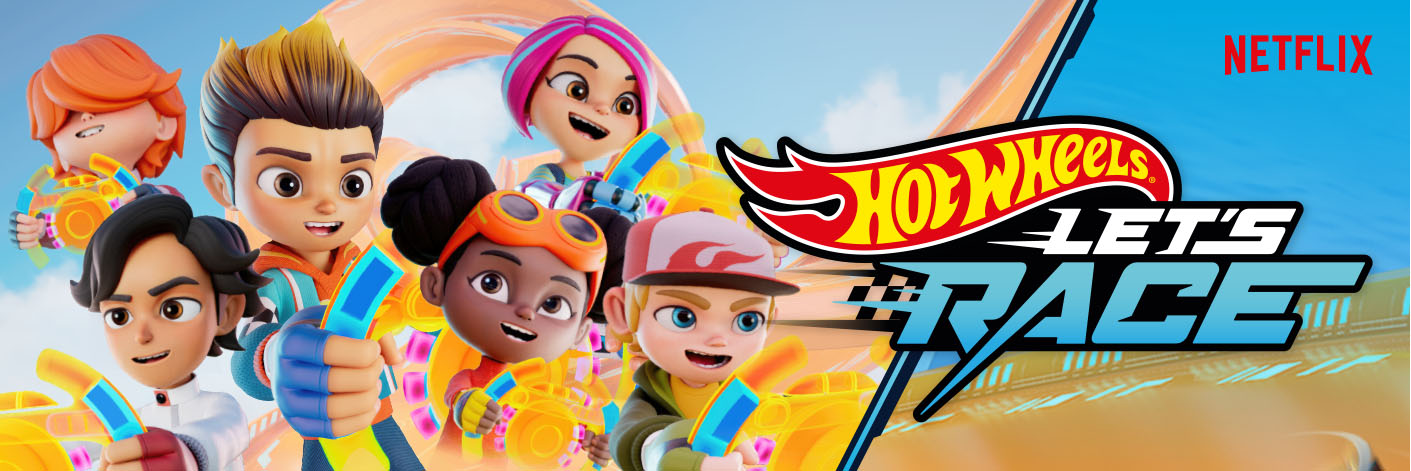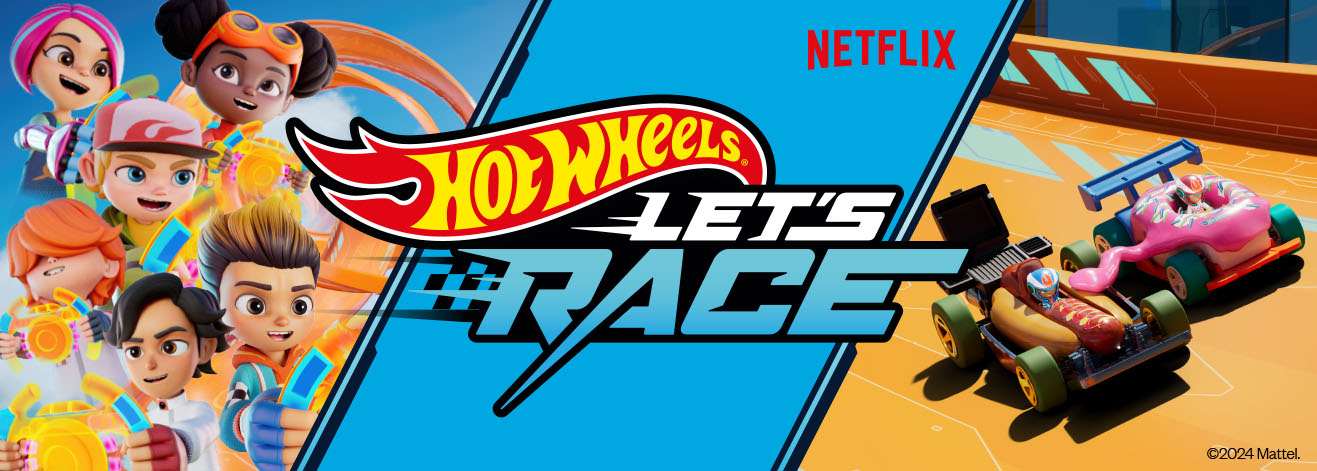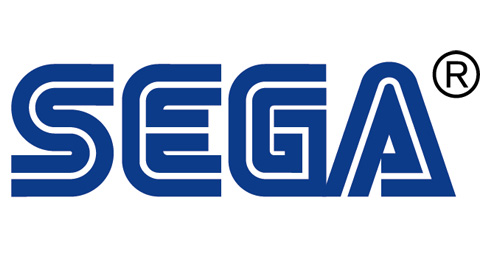The following research and White Paper has been conducted and written by Kids Industries, a research, strategy, and creative agency for the children’s and family market in the UK. Kids Industries researcher, Aleksandra Szczerba offers up her insight into the developing COVID-19 situation, and how children are managing in these uncertain times.
Children and COVID-19: how are they dealing with it?

As more and more countries take increasingly serious measures to combat the spread of the coronavirus, more and more people are pointing out how this is likely to be one of the most important events that Gens X, Y, Z and Alpha will ever have to deal with.
People are having to isolate inside their homes and shop shelves are hauntingly empty. Events are being cancelled, schools are being closed down, and across the world planes are being grounded as countries are closing their land and sea borders. The coronavirus is now very much a global crisis that affects all of us – including children.
At Kids Industries, children are at the core of the work that we do. It therefore comes as no surprise that we wanted to know more about how the virus is affecting children’s lives, what they know about it, and how they are dealing with it. As such, at short notice we approached our junior board and interviewed a number of children this weekend to find out their views firsthand.
In addition, we scoured the internet for information on how young people across the globe were responding to this crisis. We have combined our findings with our expertise in children’s development to give you an overview of how young people are dealing with the situation at hand, and what you can do to support them, both as individuals and brands.
First of all: what does children’s development tell us about children’s fears and worries?
Before the age of six, children struggle with separating fantasy and reality, and their limited cognitive abilities mean they struggle to tell themselves that something is not real – monsters under the bed may still exist. However, as children reach the age of six and seven, begin “big school”, experience the world beyond their family household, and become better readers and more attentive viewers, they become exposed to the big bad world around them and the many unpleasant things within it.
Consequently, concrete threats they might see in the media, like burglars, earthquakes and even pedophiles, become huge concerns for them. The world is big and scary, and children aged six to 10 are only progressively learning to deal with these fears. Exposure to scary news coverage can cause them a lot of anxiety and the stories can stay with them for a long time.
As children enter their tween years (and later their teens), their abstract reasoning gradually develops, and so does their ability to comprehend issues like climate change, political issues and military conflict. These now become sources of children’s anxiety. This progression makes sense, considering older children are less self-centred and have the ability to think about consequences on a larger scale. Although they understand a greater number of threats, their emotional control is better than that of younger children, and although they may worry, they think about issues more realistically and rationally. This was reflected in the research we carried out.
Children today are informed and level headed about the situation
The children we spoke to all knew the key factual information about the virus. Even our seven year old could tell us that it is a disease that spreads quickly. Children correctly identified symptoms which are akin to the flu, and some knew about the virus’ origins and the lack of a vaccine or a cure. When asked about what steps should be taken, all children regardless of age could tell us what the main preventative measures were, including washing your hands for 20 seconds and self-isolating when feeling unwell.
The older children thought a bit more deeply about some recommendations and behaviours, weighing pros and cons and critiquing bad ideas. The recommended “elbow greeting” instead of a handshake was identified as something that was probably just popular online and not the real world, they considered how closing schools might do more harm than good, and one of the girls was critical of people stockpiling:
“People should not panic buy, it just means that if we do go into lockdown or whatever, some people will have loads of stuff and some will have none” – Tween girl
Also in the context of what measures should be taken, one of the girls mentioned the government’s response and expressed a degree of distrust:
“They said it’s fine, but I mean….I don’t really think any of them knows what climate change is or anything like that, so…” – Tween girl
Children weren’t just able to recall information and guidance – they also approached it critically.
We also asked children if they were scared of the virus – and we found that across the board they weren’t scared of it in relation to themselves, recognising that it is unlikely to affect young, healthy people. Instead, they showed concern for others, expressing that they were worried about how it would affect the sick and elderly, both in the general population and their own family members.
“To me personally, kind of, but not particularly. I think…actually as a whole, the effect of it on other people around you, yes it’s fairly scary. The scariness of it isn’t necessarily in relation to, like, me personally, it’s the effect on other people.” – Teenage boy
Overall, children’s responses showed that they are aware of key facts about the coronavirus. They all considered how the virus affects other people and many of them carefully thought about potential measures. This goes to show that even children at the younger end of our age range engaged with the subject in a grounded, knowledgeable way, and understood the severity of the illness in relation to at-risk groups. The degree to which children evaluated the effects on society as a whole varied slightly with age, but no child possessed information that was wrong or expressed any irrational anxiety about the situation.
Media and politicians are addressing children directly – because children want information
As children of all ages are clearly showing an interest in and understanding of the subject of the coronavirus, it’s not surprising that in some countries politicians are trying to communicate with children directly and listening to their concerns.
On Friday the 13th of March, Denmark’s prime minister Mette Frederiksen held a short press conference in which she answered questions about the coronavirus sent in by children. On Monday, Norway’s prime minister Erna Solberg followed suit, also holding a special press conference in collaboration with children’s media outlets, with adult press banned from attending. Both leaders faced questions from children aged six to 13 which covered issues such as school closures, activities children can and cannot take part in, holidays, concerns about senior family members, vaccine development, and how to best take care of your own health and helping your friends and loved ones.
Children want to know what is going on, they want to know what they can and should do, and they care about the people around them.
Similarly, also in Norway, the children’s newspaper Aftenposten Junior has been focusing their content on providing accurate and easy to understand news about the coronavirus. The newspaper, being an offshoot of the biggest newspaper in the country, is currently available free of charge, as the publishers understand the importance of providing children with factual content about the virus, stressing the importance of accurate information in the era of “fake news”.
That’s not to say the Scandinavians are alone in wanting to keep children informed; CBBC’s Newsround webpage includes multiple stories about the virus, including an FAQ page, an article about social distancing, and even instructions on how to disinfect your phone or play Pokemon Go in isolation!
Teenagers cope with everything through humour and social media
When we look at how older children have been coping with the coronavirus pandemic, the biggest thing for them is humour on social media. Teenagers use memes to process both personal and social problems, including some serious issues. Although to an outsider the use of humorous memes may seem poorly-timed or in poor taste, they are an important way to place a challenge into a social context and to foster discussion and a sense of community.
Instagram is full of memes about mental health, sexuality and gender identity, climate change, politics, and more. Hashtags such as #anxietymemes or #lgbtmemes bring up hundreds of thousands of results – the vast majority posted by teenagers. However, in 2020 another platform is being used by Generation Z to talk about world events and cope with sociopolitical issues: TikTok.
This isn’t the first time that teens have taken to TikTok in response to a major world event. In the past they have used the platform to share their opinions on Brexit, urge people to register to vote, air their frustrations with world leaders’ responses to climate change, and more.
Now coronavirus is the “it” trend on the short video platform, as teens make stockpiling videos and come up with quarantine ideas. All of this is set to trending coronavirus-themed songs (because of course these exist!) One of the main trending songs stems from a viral Vietnamese PSA about the virus. A Vietnamese dancer created a dance routine based on WHO’s recommendations on how to wash one’s hands to the song, and this hand wash dance challenge (#ghencovychallenge) has been picked up by teens across the world, and now media outlets in Asia and the west.
Brands are also getting involved – Dettol India released a special filter and started their own TikTok challenge. Even though the user engagement here is not as organic or spontaneous as in the case of other trends, the associated tag #handwashchallenge is racking up billions of views anyway.
The Vietnamese hand wash challenge tag has accumulated 15.8M views on the app, whereas the trending user-created “It’s Corona Time” song has been used in over 800,000 videos.
Although much of the Gen Z humour regarding the coronavirus can be considered quite nihilistic or absurd, it’s in line with how teens have dealt with all other issues in recent history. Absurdist moments of levity set against the backdrop of hopeless situations is a formula that has come to define this generation of internet users, and its prevalence shows just how engaged with the news cycle and concerned about global issues teenagers are.
The social nature of these platforms, the speed at which content spreads to millions of users, and the mass engagement in “challenges” and trends, all allow teenagers to feel a sense of togetherness and understanding as they deal with global crises. Even though the situation might feel hopeless – at least they know they’re not dealing with it alone.
To conclude, it cannot be denied that children and young people understand the situation unfolding around them. Unsurprisingly older children’s reasoning about the coronavirus and its effects is more sophisticated, but even young children are concerned for others.
They’re not panicking – instead they are seeking out information on how to help, taking an interest in how politicians are responding to the crisis, and in the case of teenagers – looking towards social media and humour for support. The coronavirus pandemic will definitely leave a lasting impact on children as they are forced to adjust to a reality in which they cannot go to school and where their friendships are moved to the digital space. Many of them are faced with an emotionally challenging situation where they think about and worry about the disease’s consequences on their close ones and the world around them. So far they appear to be dealing with it all well, but time will tell how all of this unfolds over a longer period of time.
So what can you do under these circumstances as a children’s brand or content creator? If you do choose to talk about the coronavirus, remember to share information that is up to date and factual, in a way that is easy to understand. Acknowledge the severity of the situation, but don’t induce panic. Don’t be scared to inject a small dose of humour to uplift spirits. Also think about how your platform or product can help children during this time, as they will be seeking things to occupy and distract them. Could you perhaps make some of your content free of charge, or offer extended free trials? If you happen to have a digital game, is there a way in which you can facilitate gameplay and add joy to it? Museums are offering virtual tours, theatres are posting videos of their plays, whereas musicians are holding mini concerts on live video – so what can your brand do to make this period easier and more pleasant for children?
Kids Industries is the leading Insight, Strategy and Creative agency for brands that wish to connect with families. KI uses digital technologies to undertake qualitative research online to get actionable insights. Established in 2002 and are proud to include Universal, Disney, Royal Caribbean, BBC and Kellogg amongst their client list.











